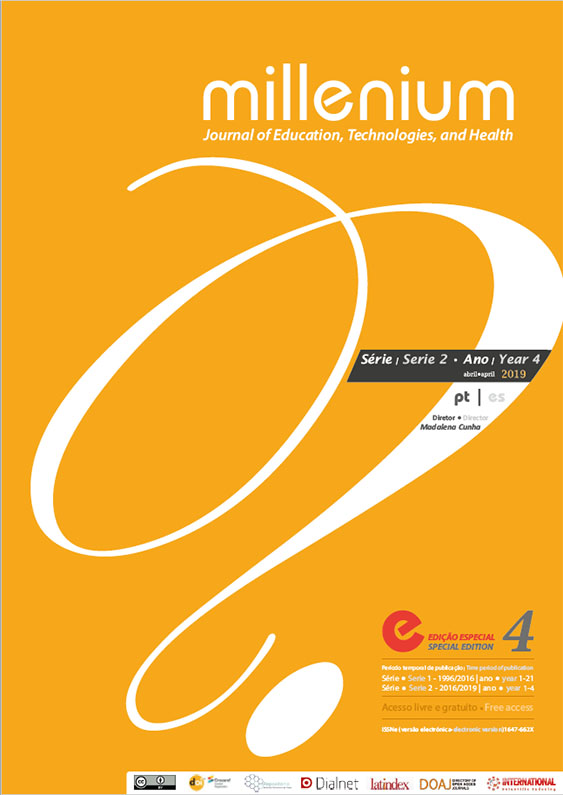A comparative study, between China and Portugal, of the professional training of the master’s course in translation
DOI:
https://doi.org/10.29352/mill024e.18041Keywords:
Master’s Course in Translation, Professional Training, China, Portugal, Labour MarketAbstract
Introduction: With globalization, the interdependence of skills and domains has deepened worldwide. The training of competent translators is becoming more and more important. In 2007, the Chinese Academic Degree Commission began the implementation of the MTI (Master’s in Translation and Interpreting). So far, more than 200 universities have already received the qualification to start this course. Unlike the academic masters’, the MTI is a professional master’s degree, with the objective of training competent translators so that, after training, they can adapt quickly to the demands of the labour market.
Objectives: Due to the late start and little experience in this area, despite the very rapid growth of the number of universities with MTI, the translators trained in this master’s course do not have the skills required by the labour market. For the time being, the level of MTI training in China is still very far from the foreign mature models, which resulted in this comparative analysis, between China and Portugal, of the master’s degree in translation. According to Nord (2006), besides the translation skill, there are also linguistic, cultural, professional, and technical skills. During training the focus should mainly be on the translation, professional and technical skills. In fact, Nord created the textual analysis model, emphasizing the importance of the analysis and of the decision concerning the internal and external factors to the texts. This way, she made the suggestions for the steps to be followed in the training of translators, clarifying the intercultural character of the translation and the roles of translators.
Methods: Based on Nord’s (2006) theoretical model concerning the training of translators, a comparative study is carried out between the master’s course in translation in China and Portugal. Specifically, the objectives and the study plans of both masters’ courses will be studied, analyzing the differences and similarities with regard to the training of future professionals.
Results: In this paper we compare the curricular plans of the three study cycles of Chinese and Portuguese universities, regarding translation, linguistic, cultural, professional and theoretical competences.
Conclusions: We hope that this research can become an incentive for new policy making in education, contributing to the increase of practical and specialized teaching in students who wish to become a translator.
Downloads
References
ISO (International Organization for Standardization). (2015). ISO 17100: 2015 Translation services –requirements for translation services.
iu, D. & Ren, H. (2011). Reflections on MTI teaching. The Translation of China, (5), 47-49.
Mu, L. (2011) Discussion on the mode of the theses of MTI. Foreign Language Teaching Theory and Practice, V1 (1), 77-82.
Nord, C. (2001) Translating as a purposeful activity: Functionalist approaches explained. Shanghai: Foreign Language Education Press.
Nord, C. (2006) Text analysis in translation: Theory, methodology, and didactic application of model for translation-oriented text analysis (2nd Edition). Beijing: Foreign Language Teaching and Research Press.
Downloads
Published
How to Cite
Issue
Section
License
Copyright (c) 2019 Millenium - Journal of Education, Technologies, and Health

This work is licensed under a Creative Commons Attribution 4.0 International License.
Authors who submit proposals for this journal agree to the following terms:
a) Articles are published under the Licença Creative Commons (CC BY 4.0), in full open-access, without any cost or fees of any kind to the author or the reader;
b) The authors retain copyright and grant the journal right of first publication, allowing the free sharing of work, provided it is correctly attributed the authorship and initial publication in this journal;
c) The authors are permitted to take on additional contracts separately for non-exclusive distribution of the version of the work published in this journal (eg, post it to an institutional repository or as a book), with an acknowledgment of its initial publication in this journal;
d) Authors are permitted and encouraged to publish and distribute their work online (eg, in institutional repositories or on their website) as it can lead to productive exchanges, as well as increase the impact and citation of published work
Documents required for submission
Article template (Editable format)





